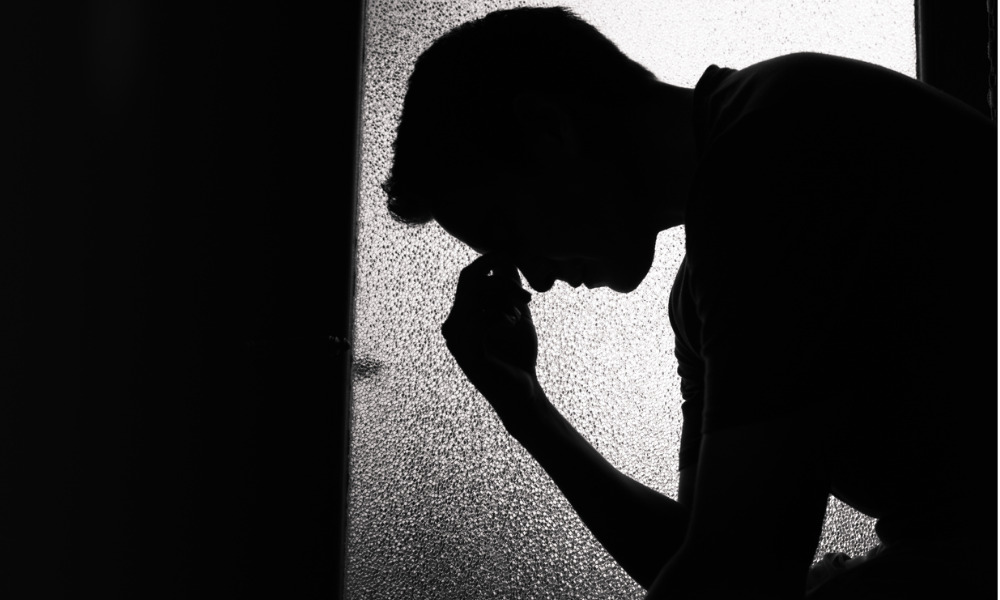
Businesses have an important role to play in helping us face the mental health impacts of COVID-19

Men are often stereotyped in pop culture into unrealistic images of masculinity that discourage them from getting help for their mental health, according to Marcela Slepica, Clinical Services Director, AccessEAP.
“This can be very detrimental and workplaces should help debunk these myths by talking about mental health and acknowledging that it is normal to have feelings of sadness or anxiety especially during these times of uncertainty,” added Slepica.
Indeed, businesses have an important role to play in helping Australia face the mental health impacts of COVID-19. With many facing depression, anxiety, social isolation and stress, the workplace can, for some, become a source of connection and purpose; especially for those most at risk – men.
On average, one in eight men experiences depression and one in five faces anxieties at some stage in their life. This can lead to devastating results, with men accounting for six out of eight suicides on average each day in Australia.
Men’s Health Week on 15th – 21st June is a timely opportunity to put a focus on men and encourage them to talk and ask for help as part of a wider effort to help all Australians.
Moreover, the economic impact of COVID-19 has heightened many men’s anxiety around securing income and the weight of responsibility for protecting family members with 62.1% of men expressing anxiety during the pandemic.
Some men may be unable to work from home, and therefore may feel at risk of contracting the virus at work, while others may be feeling isolated and miss the social connection offices provide.
Preliminary modelling by University of Sydney’s Brain and Mind Centre, shows that, following COVID-19, cases may rise to 750 additional suicides a year in the next five years. With people beginning to head back to work, there is more responsibility on workplace leaders to help manage the mental wellbeing of their staff.
“Raising awareness about mental health and suicide prevention through education and listening to people’s personal stories,” said Slepica.
Some men who suffer with mental health problems feel societal stigma is often what prevents them from opening up as they believe this makes them vulnerable and may impact on their careers and relationships.
They do not want to be perceived as not coping or as weak. This “bottling up” of emotions can lead to increased use of drugs and alcohol, risk taking behaviour and social isolation. Over time, these activities negatively influence self-esteem and confidence and under certain conditions can lead to suicide.
“Organisations need to have procedures in place to manage mental health in the workplace and aim towards eliminating the fear of disclosure,” said Slepica.
“Leaders and supervisors often feel ill-equipped to have conversations with team members about potential mental health concerns, so it’s important to provide training.”
One simple tactic for businesses is to encourage people to establish circles of support. It may be surprising that many people, particularly men, don’t have anyone they can talk to. A Circle of Support doesn’t have to be large but could include family, friends or colleagues who provide friendship and support to a person who needs it.
Many organisations are introducing peer support in their workplaces where peer support people receive training and learn how to have conversations about mental help and how to offer support and help.
“This approach can benefit all involved by sharing reciprocated strength, it also lessens the taboo of discussing more difficult topics like mental health.”
Human Resource Director is conducting a survey about the immediate effects of COVID-19 in the workplace. Results gathered will be used to create a comprehensive report to help industry professionals navigate the current landscape brought on by the pandemic. To be involved, click here.